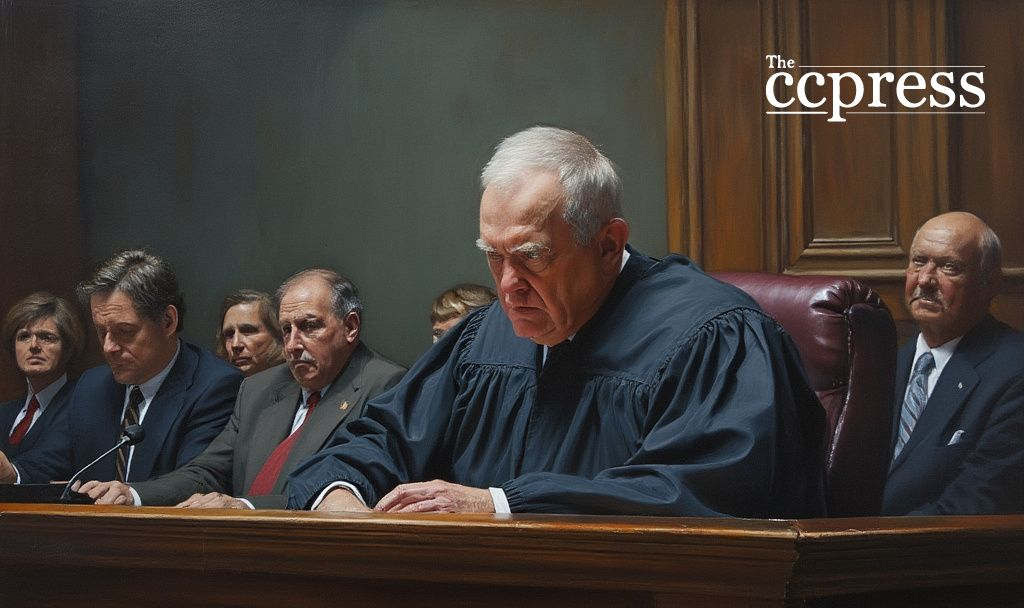- Judge denies key parts of Digital Currency Group’s motion.
- Focus on securities fraud and investor deception.
- Potential market implications for associated crypto assets.
Barry Silbert’s Digital Currency Group faces a setback as a New York judge rejected most of its bid to dismiss the NYAG’s securities fraud charges.
The decision challenges DCG’s legal strategy, potentially influencing crypto regulatory frameworks and market perceptions.
The lawsuit centers on allegations against Digital Currency Group and its practices involving Genesis Global Capital, focusing on a disputed promissory note valued at $1.1 billion. Facing accusations of fraud, the DCG argues its actions were lawful.
Letitia James, leading the case as New York Attorney General, pursued charges after claiming DCG misled investors. Meanwhile, Barry Silbert and key executives continue to deny wrongdoing, emphasizing their efforts to stabilize Genesis. Letitia James stated,
“After months of false promises, we pulled the curtain back and revealed that DCG was lying to investors and defrauding them out of billions.”
The ruling may destabilize investor confidence in related crypto holdings, potentially affecting trust within the broader crypto environment. Previously, legal actions in crypto have caused notable market fluctuations and skepticism.
Financial concerns arise from potential regulatory enforcements impacting investment and operational models across the crypto sector. Debates over the need for stringent regulations highlight concerns about fostering innovation while ensuring security and transparency.
As the case advances, analysts predict possible adjustments in both regulatory approaches and market reactions. Historical responses to similar charges have led to increased scrutiny across crypto platforms, possibly altering the landscape.
